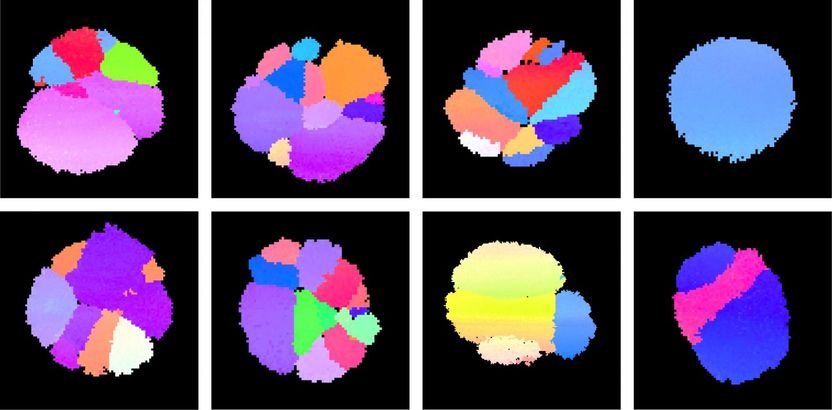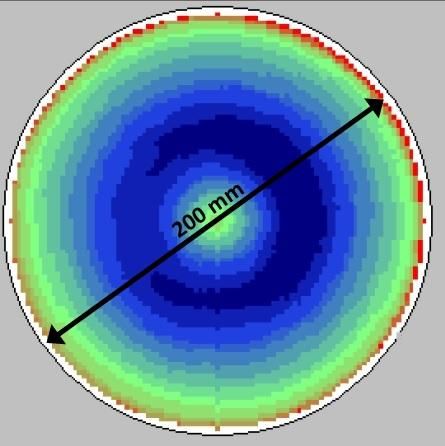REACH is the dominant driver for substitution - more action is needed
The REACH Regulation and other EU policies coupled with market forces have created strong drivers to avoid the use of very hazardous substances in the EU. To accelerate identifying very hazardous substances and substituting them with safer alternatives, the report recommends improving the analysis of safer alternatives and education on substitution, as well as stimulate collaboration within supply chains, for the benefit of especially small and medium-sized (SME) enterprises. This all requires more dedicated staff and other resources in ECHA, Member States and industry.
More government facilitated innovation research, public-private partnership, more detailed guidance and technical support will also be needed to ensure successful substitution. These investments need to be coupled with enhanced inter-authority and stakeholder collaboration on substitution and the development of expert networks that can support industry and authorities.
“The findings and recommendations of this report are very interesting and highly valuable to our work to stimulate the replacement of substances of concern by safer alternatives. I believe that this work lists concrete proposals that regulators and industry should seriously consider to implement. ECHA will take the recommendations forward with its co-regulators and stakeholder organisations in the coming months,” says Geert Dancet, ECHA’s Executive Director.
The report builds also on the experience of the Toxics Use Reduction Institute attached to the University of Massachusetts Lowell and on a dedicated survey conducted among Member States, industry representatives and consultants.
“One aspect, where Europe can learn from the US, is that the pressure to substitute hazardous chemicals in the US derives more through the supply chains, where the retailers and brands play a key role. In Europe, regulations seem to be a more important driver. Improved sectoral and supply chain collaboration and information sharing could accelerate substitution in Europe even before regulatory actions are taken,” says Professor Tickner of the University of Massachusetts, Lowell Centre for Sustainable Production.
Other news from the department business & finance

Get the chemical industry in your inbox
By submitting this form you agree that LUMITOS AG will send you the newsletter(s) selected above by email. Your data will not be passed on to third parties. Your data will be stored and processed in accordance with our data protection regulations. LUMITOS may contact you by email for the purpose of advertising or market and opinion surveys. You can revoke your consent at any time without giving reasons to LUMITOS AG, Ernst-Augustin-Str. 2, 12489 Berlin, Germany or by e-mail at revoke@lumitos.com with effect for the future. In addition, each email contains a link to unsubscribe from the corresponding newsletter.
Most read news
More news from our other portals
Last viewed contents
Category:Materials_science_institutes

Single nanoparticle mapping paves the way for better nanotechnology

Electrons use the zebra crossing - Exotic Patterns of interacting electrons at the metal-insulator transition

GaN-on-Silicon for scalable high electron mobility transistors
Open_hearth_furnace
























































